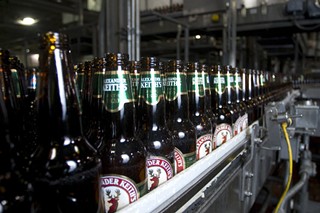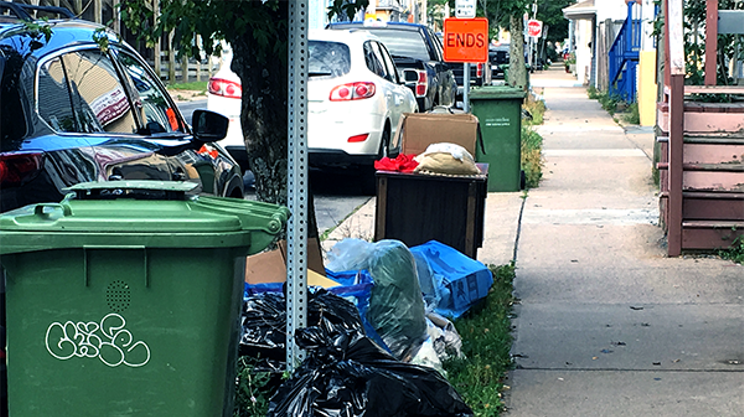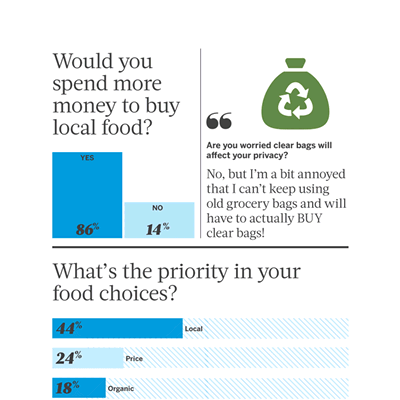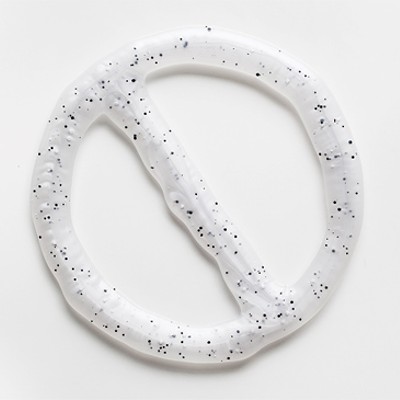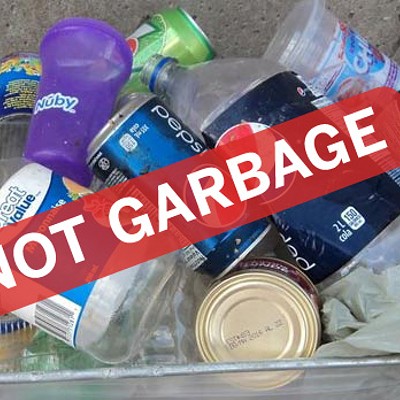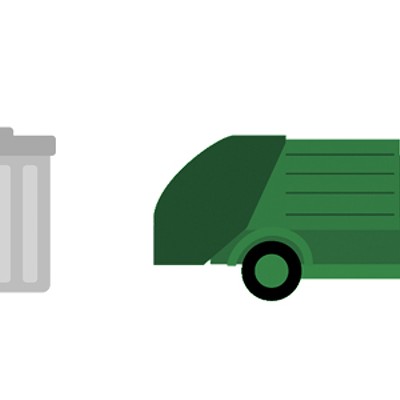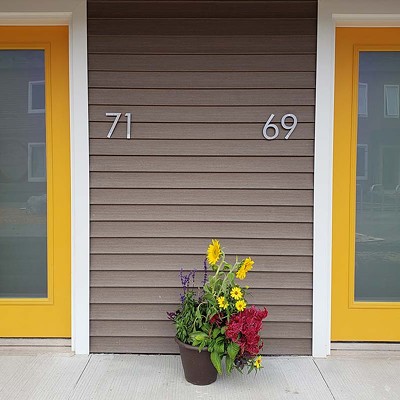Last year we spoke to Darren Welner---sales and marketing coordinator for Scotia Recycling, the largest recycling business in the province---about a trial project to recycle Tim Hortons cups. As an update to that piece, he reports the Yarmouth trial run had positive results: Cups were successfully processed and their constituent fibres were found to be marketable and sold for use elsewhere. Now the program is running from Greenwood to Windsor, and later this year may be introduced in New Glasgow or Cape Breton.
"The main thing is the paper mill can only take so much of this product," says Welner. "It's a slow process." So, here in HRM we shouldn't expect to be able to recycle Tim Hortons cups within the next year, say.
But what about other new recycling and green initiatives in Halifax, once known nationally for being a part of the recycling and composting vanguard? Well, the HRM's website of city recycling information has an enormous amount of detail on how our tax dollars are being spent to help keep the process moving. Visit halifax.ca/wrms, which includes an "alternatives to landfill" list of suggestions of local businesses offering recycling services.
But it takes more than an informative website to remain progressive, as the technology continues to improve. Many restaurants and businesses are offering products they call biodegradable---containers for take-out, cups for coffee, plastic bags---but none of these new products have been endorsed by the municipality. So while one less Styrofoam or plastic container can't be a bad thing, if they're not being accepted in our recycling system, then they will inevitably end up in a landfill, unless you are lucky enough to have your own private compost pile in your backyard.
Jim Bauld is a manager of solid waste resources with the city, and he says some of the new products now on shelves---the ones derived from corn and bamboo, or the polyactic acid biodegradable clear plastic---is a real problem for the HRM recycling and composting system.
"It decomposes, but if that gets mixed in with the other hard plastic at the recycling facility, you can't tell which kind it is," he says. This new plastic is simply not as attractive to the buyers of the recycled material. "You have to err on the side of caution. Your market is driven by the quality of the product." He says with more of these containers arriving in our community, many manufactured in Europe and Asia, the HRM can't adapt quickly to the changes.
"As more and more products claim to be biodegradable, photodegradable and compostable, the HRM and other municipalities will have to look at new technology for composting and recycling."
For the time being, the 20-year contracts for the two facilities in town were signed in 1998. It will be 2018 before we can consider new ways of composting in Halifax.

